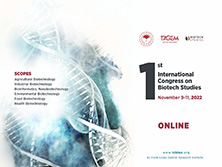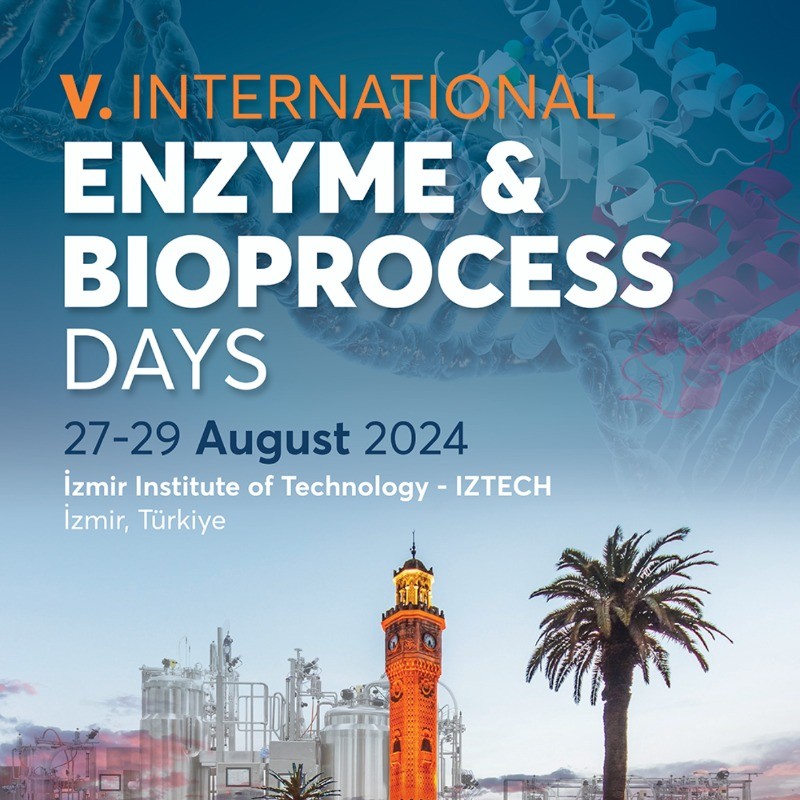Biotech Studies
2024, Vol 33, Num, 2 (Pages: 119-126)
Cloning of glucoamylase gene from Aspergillus niger and its expression in Pichia pastoris
2 Cukurova University, Faculty of Education, Department of Mathematics and Sciences Education, Adana, Türkiye
3 Akdeniz University, Department of Food Engineering, Antalya, Türkiye
4 İzmir Biomedicine and Genome Center, İzmir, Türkiye DOI : 10.38042/biotechstudies.1601283 - Glucoamylase (1,4-α-glucosidase) is a crucial commercial enzyme responsible for the conversion of starch, glycogen, and oligosaccharides into D-glucose through the hydrolysis of their non-reducing terminal glycosidic bonds. While many microorganisms, including bacteria, yeasts, and fungi, can produce glucoamylase, fungal glucoamylase is the preferred choice for industrial applications. The goal of this study was to produce the glucoamylase enzyme recombinantly in Pichia pastoris. To achieve this, the glaA gene from Aspergillus niger, responsible for encoding the glucoamylase enzyme, was cloned into a plasmid (pGAPZα-A) under the control of the GAP promoter and subsequently transferred into P. pastoris. The gene was verified through sequence analysis, while the effectiveness of transfection was validated using colony PCR and enzyme activity assays. The results demonstrated that the recombinant P. pastoris strain successfully secreted a substantial amount of glucoamylase (307.05 mg/L). The activity of the recombinant enzyme was measured at 79 U/mL.min. The enzyme exhibited robust activity over a broad range of temperatures (50-80°C) and various pH levels (pH 5-10), retaining 92-60% of its maximum activity. In conclusion, this study highlights the potential for laboratory-scale production of the glucoamylase enzyme, crucial for various industries, from a cost-effective and easily cultivable recombinant yeast strain, P. pastoris. Keywords : Aspergillus niger Enzyme activity Glucoamylase Industrial enzyme Pichia pastoris Recombinant DNA technology

















